Heart failure is a serious condition, but proper treatment can prolong life and improve quality of life.
About 5.7 million Americans suffer from heart failure, also referred to as congestive heart failure, or CHF, according to the National Heart, Lung, and Blood Institute. CHF has no known cure and can affect both adults and children. It’s a very serious condition that needs to be treated by a doctor. Fortunately, there are tried-and-true therapies that prolong life and increase activity levels, such as prescription drugs and lifestyle modifications.
However, heart “failure” isn’t completely accurate; the heart hasn’t totally failed and stopped beating. But it is struggling to pump enough blood to supply the rest of the body. This could be because it may not fill with enough blood to pump, or it may not be strong enough to pump blood with enough force to reach the rest of the body. Some people have both problems, the NHLBI says.
Also read-Congenital Heart Disease : A Patient’s Guide To Congenital Heart Disease And Its Symptoms
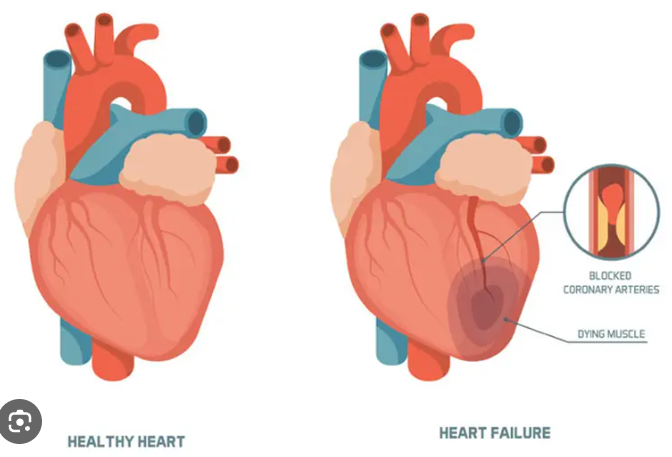
Causes of heart failure
Heart failure is usually brought on by other diseases that damage the heart, including:
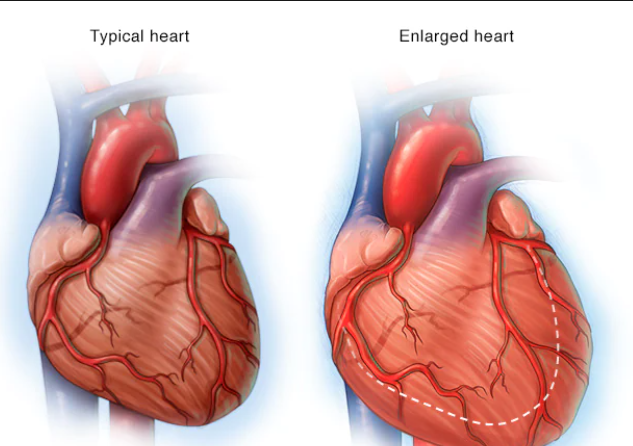
- Heart attack that is ischemic. The accumulation of plaque within coronary arteries can impede or stop the heart’s blood flow.
- Diabetes. Over time, high blood sugar levels can harm the heart’s supplying blood vessels and heart muscle.
- Elevated blood pressure. Over time, high blood pressure can weaken the heart and lead to the accumulation of plaque in the arteries.
- Angina. This heart condition interferes with the heartbeat’s rhythm or pace.
- Cardiomyopathy. This disease causes the heart muscle to become enlarged, thick, or rigid.
- Congenital heart defects. A genetic defect may lead to structural problems in the heart.
- Other heart diseases, such as heart valve disease or arrythmia,.
- Cancer treatments such as radiation and chemotherapy. These can cause collateral damage to the heart muscle.
Risk factors
Along with the disease that can lead to heart failure, other risk factors include:
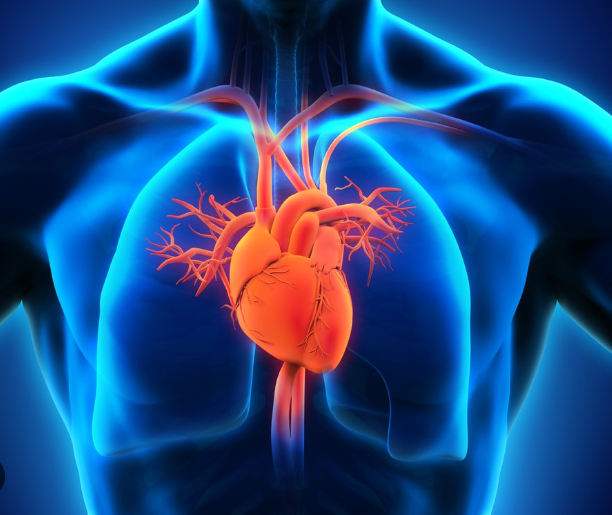
- Aging. People who are 65 or older are more likely to develop CHF.
- Race. African-Americans are more likely to have heart failure than people of other races, more likely to have symptoms at a younger age and more likely to die from heart failure.
- Medical history. People who have had a heart attack may be left with weakened heart muscle.
Symptoms
The NHLBI says that the most common signs and symptoms of heart failure are:
- Breathing difficulties or shortness of breath.
- Weary.
- Swelling in the neck veins, feet, legs, ankles, and abdomen.
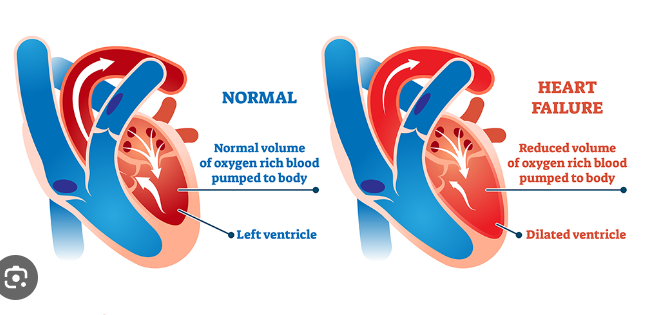
All of these symptoms result from fluid building up in the body because the heart is unable to pump strongly enough. Early symptoms of fatigue and shortness of breath may be noticed after routine physical activity, like walking or climbing stairs. Over time, those symptoms worsen, to the point that breathing may be hard even while sitting or lying down.
Fluid buildup also causes weight gain, frequent urination, and a cough that gets worse at night and may be a symptom of acute pulmonary edema, or fluid building up in the lungs.
Diagnosis and treatment
The earlier you can get a clear diagnosis of CHF and begin treatment, the better your chances are of controlling the disease and living a longer, more active life. Doctors diagnose heart failure based on personal and family medical histories, a physical exam, and test results. Tests may include an electrocardiogram, or EKG, an echocardiogram, a chest X-ray, or a cardiac stress test. More invasive tests, like a coronary angiogram, in which a dye is injected into the heart, may also be required.
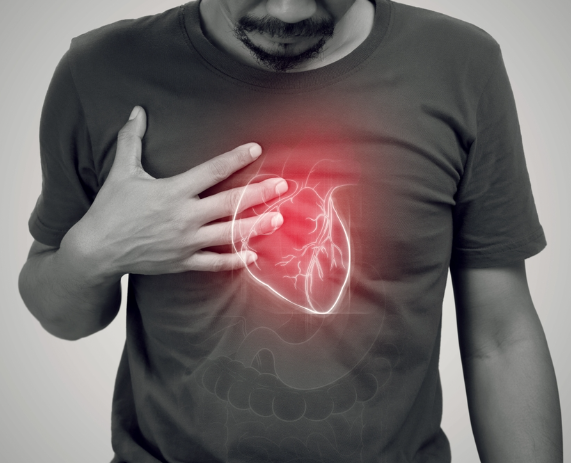
Once diagnosed, heart disease is treated aggressively with a combination of treatments. The first includes making heart-healthy lifestyle changes, such as:
- Dietary adjustments to consume more fruits, vegetables, and whole grains and reduce fat, salt, and sugar intake.
- Increasing physical activity can help prevent diabetes, lower blood pressure and cholesterol, and strengthen the heart.
- Control of weight through dietary and physical activity modifications.
- Giving up smoking, which exacerbates other heart disease risk factors and raises the risk of heart disease and heart attacks,.
Depending on your causes and risk factors, your doctor may prescribe one or more of the following medications:
- ACE inhibitors to lower blood pressure.
- Aldosterone antagonists help the body remove excess sodium through urine, thus lowering blood volume and making it easier on the heart.
- Angiotensin receptor blockers, which relax blood vessels and lower blood pressure,.
- Beta blockers to slow heart rate and lower blood pressure to lighten the heart’s workload.
- Digoxin to help the heart beat stronger and pump more blood.
- Diuretics, which help the body flush out excess fluid in the lungs and reduce swelling in feet and ankles.
Also read-Glaucoma : A Patient’s Guide To Glaucoma And Its Symptoms
images source: Google
Disclaimer: The opinions and suggestions expressed in this article are solely those of the individual analysts. These are not the opinions of HNN. For more, please consult with your doctor.




































